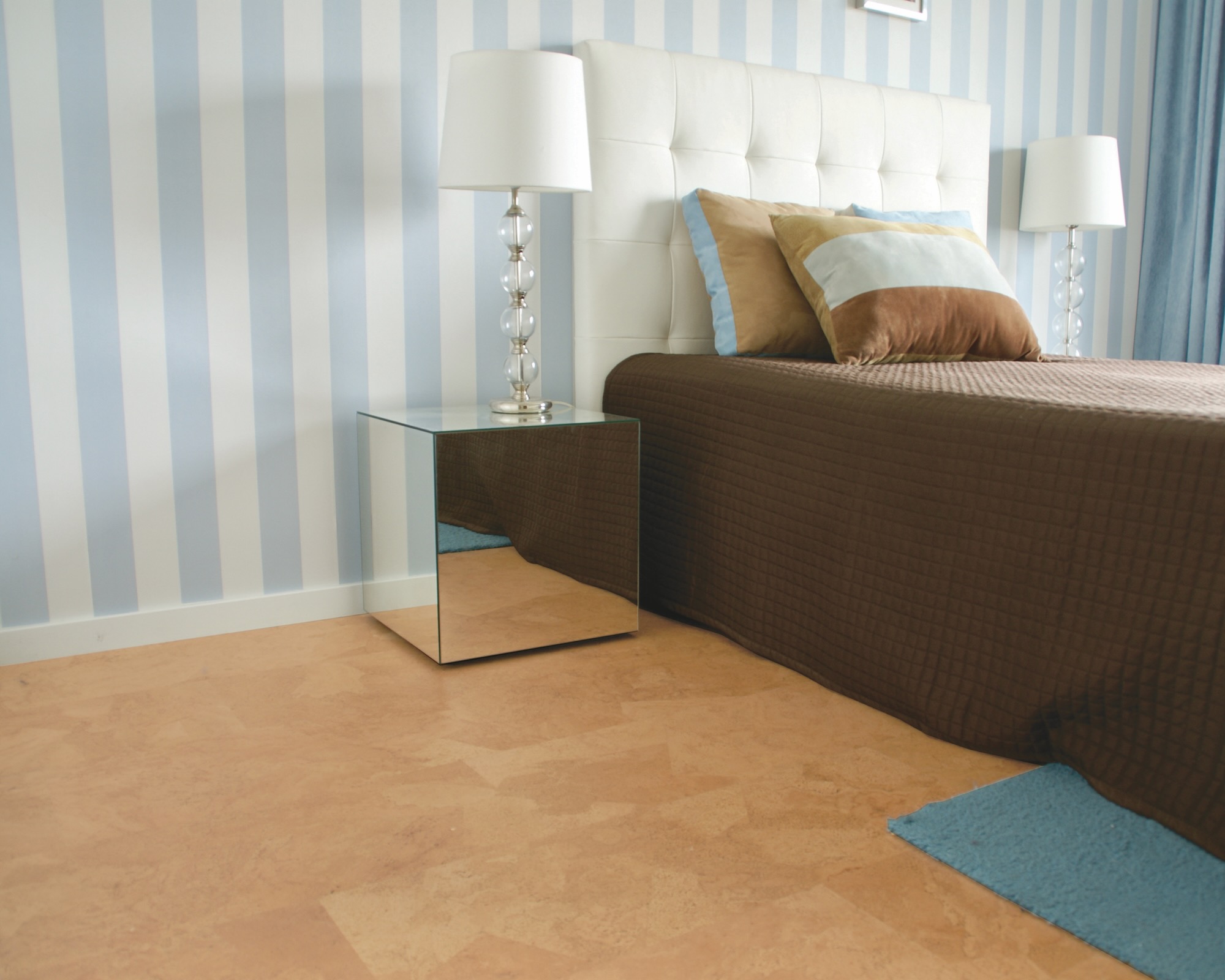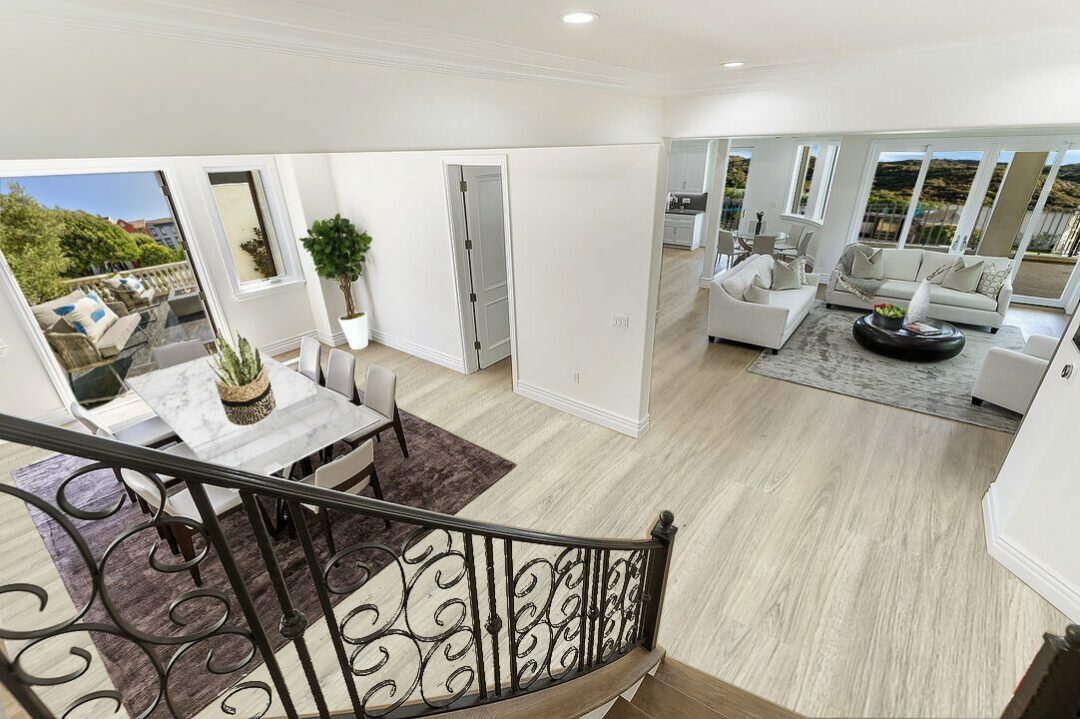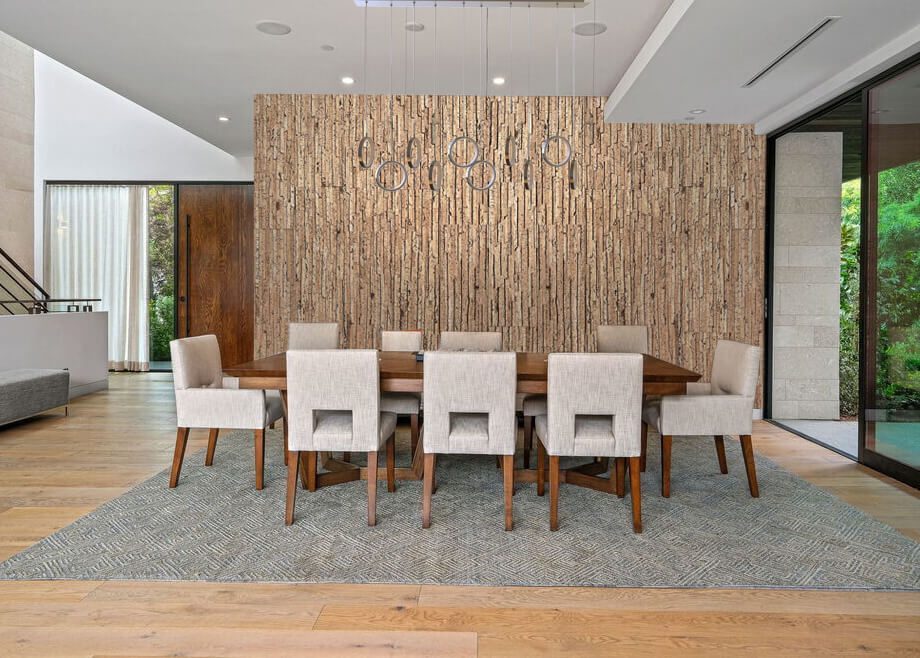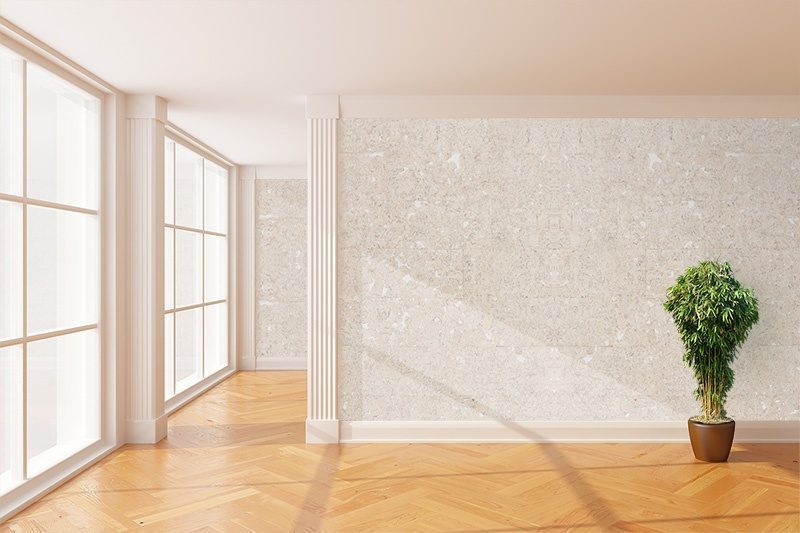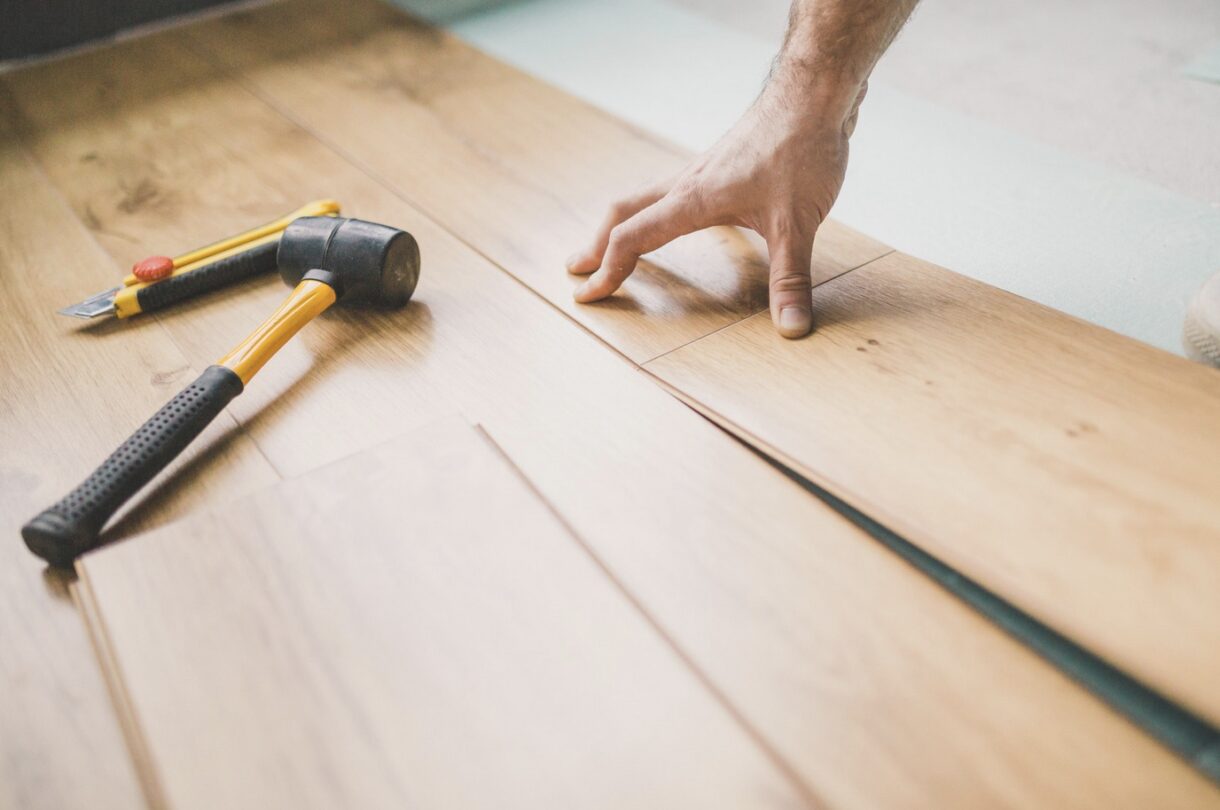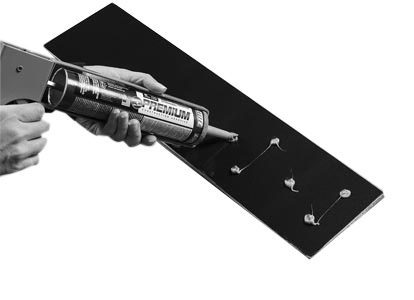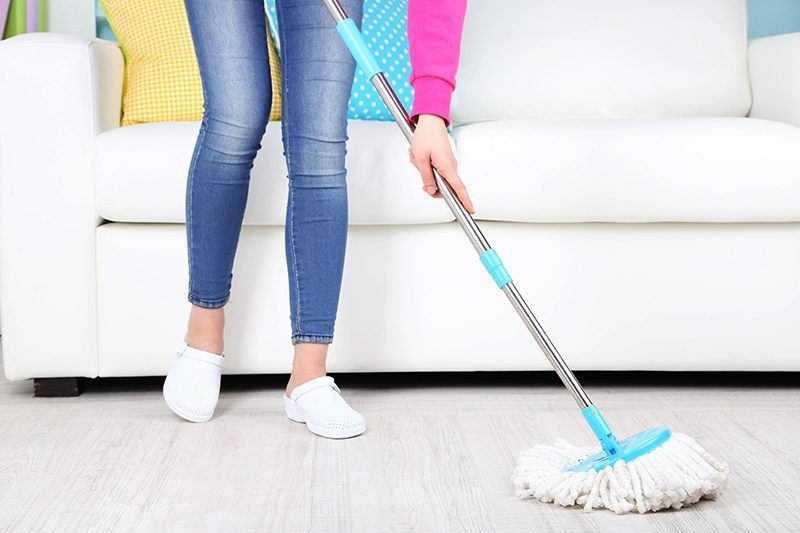Why Cork Flooring Does Sustainable Better Than Bamboo
With Global warming looming in the 21st century, many of us are looking for ways to be environmentally conscious. Extreme climate shifts have shown us that we cannot can afford to be complacent anymore. It’s time to re-evaluate how we build and the materials we use.
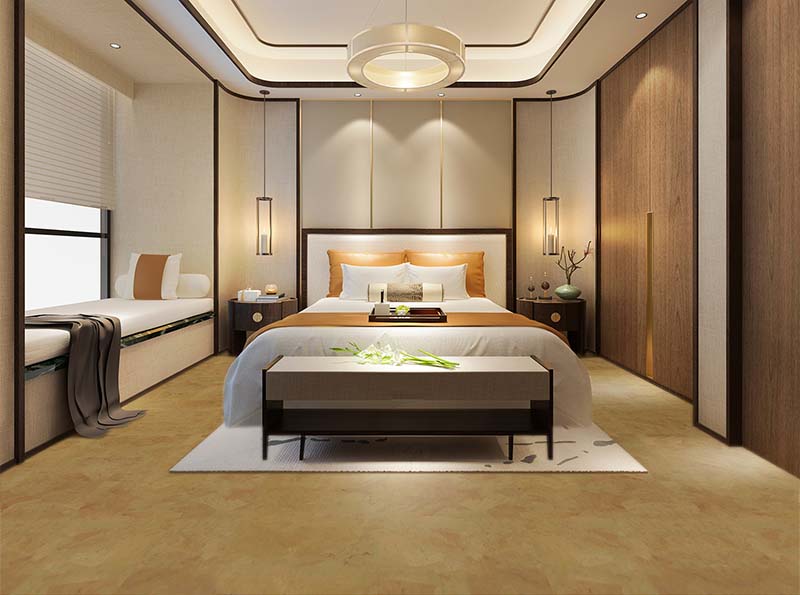
Two materials that have hit the construction market within the last score of years and continue to make an impact are cork and bamboo. Both claim to be environmentally friendly, but how do they really add up.
Bamboo is considered environmentally friendly due to its sustainability factor. This is a grass that grows rapidly, able to replenish itself every 3-5years. However, that does not account for the fact that it needs to be clear cut, leaving its surrounding environment to the damaging effects of erosion and deforestation. Also, the manufacturing process of bamboo products are mostly unregulated and not certified by any official body. Questions still surround production methods, including the chemicals (like formaldehyde) used in treating and gluing bamboo strands, toxic fertilizers and pesticides used to speed up production. Only in its original capacity can it be considered sustainable.
This means it is very difficult to really judge the green credentials of many bamboo products sitting on DIY store shelves. So, you have two choices, go with respected brands, who have had their products and production certified by bodies like the FSC and LEEDS or go with cork flooring.
So why is cork considered environmentally friendly? First and foremost, no cork tree is cut down to provide the base material. Only the bark off the tree is used in the manufacturing of cork flooring material, which in its normal state the tree naturally sheds. The scientific name of this tree is Quercus Suber and it is found primarily in Spain, Portugal, Morocco and Algeria. In fact, Portugal is the number 1 exporter of cork, holding over 50% of the global business.

The bark of this tree is thick and spongy. It is carefully peeled off the tree by trained workers and used first to manufacture cork stoppers for wine bottles. The remaining scraps are then pulverized and combined with a non-toxic glue under high pressure to manufacture agglomerated cork sheets. The trees meanwhile are not harmed in any way. After the bark has been peeled off they are left alone to regenerate. This process takes nearly a decade before the tree will be allowed to be harvested again. The average life span of a tree is about 150 years. The long-life span of the tree, combined with the fact that it keeps on regenerating and growing new bark make this a renewable, environmentally friendly resource.
In the Mediterranean region forests of these trees have been in production for centuries. They not only provide bio-diversity but also help with natural irrigation and protect against erosion.
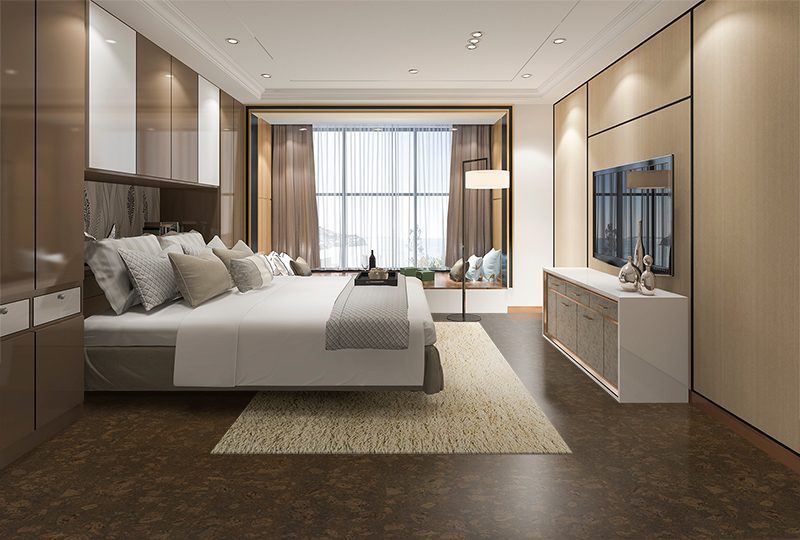
With just this small amount of information you can see that cork rates higher as an environmentally friendly material. Come see us at www.icorkfloor.com to learn more and view our ‘green’ certification. We proudly present our cork flooring products as one of the most ‘green’ available and back it up too.


